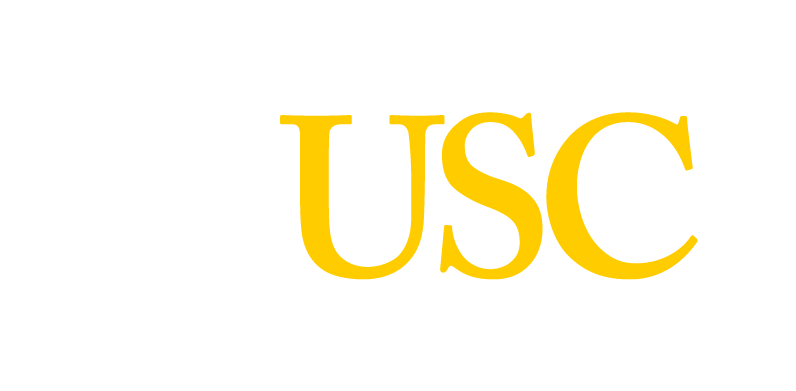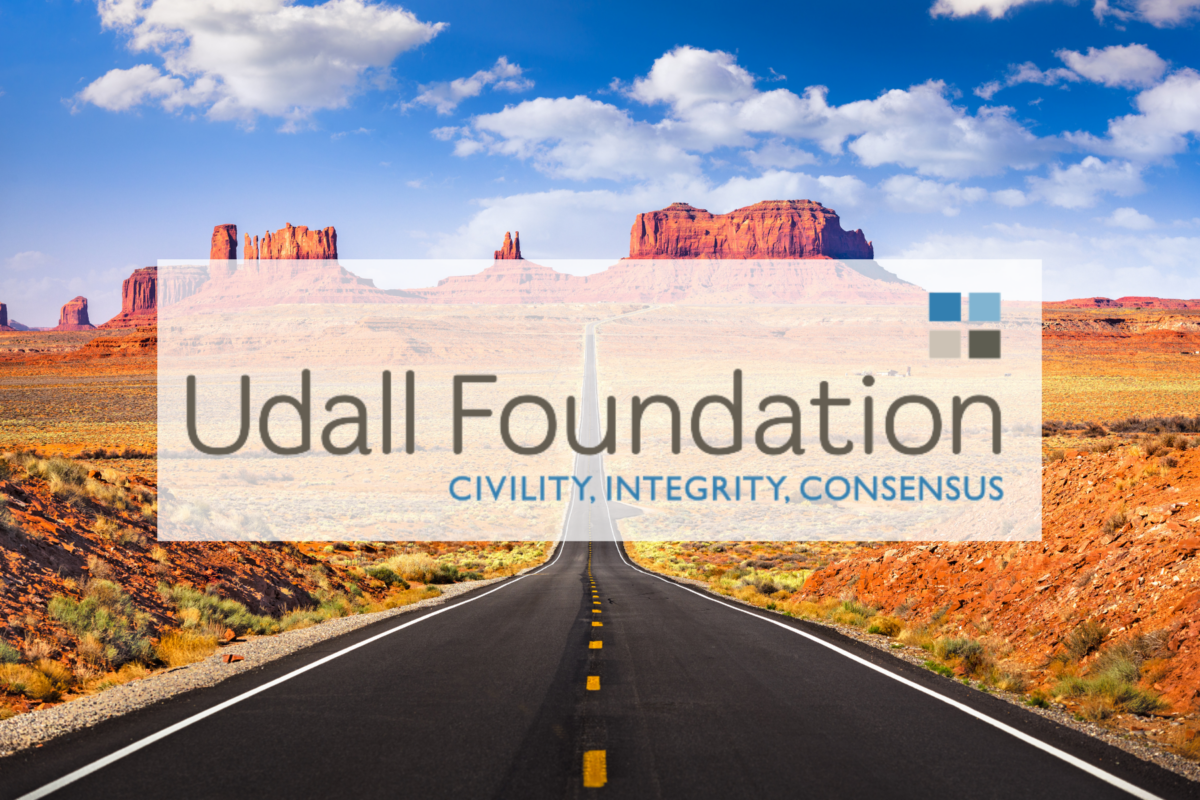About the Scholarship
The Udall Foundation awards scholarships to sophomore and junior level college students committed to careers related to the environment including policy, engineering, science, education, urban planning and renewal, business, health, justice, economics, and other related fields; or tribal public policy, or Native American health care. The Foundation grants 50 awards per year of up to $7000 for tuition, room and board, and other educational expenses. Scholars also attend a four day orientation in Tucson, Arizona to meet the other scholars, elected officials, and other environmental and tribal leaders. Students who are not selected as scholars can receive honorable mentions and gain access to the alumni network.
Requirements
Eligibility Requirements
Applicants must:
- be a full time sophomore or junior level student pursuing a bachelors degree
- be a U.S. citizen, U.S. national, or U.S. permanent resident.
- provide documentation required for applicants in tribal public policy and health care, and for U.S. permanent residents.
Selection Criteria
USC sophomores and juniors who demonstrate the following traits are invited to apply for campus endorsement:
- Strong evidence of leadership including problem solving skills and ability to build consensus.
- Extensive record of public service that has created positive impact in tribal public policy, Native American health care, or conservation and environmental issues.
- Clear intent to pursue a related career in tribal public policy, Native American health care, or conservation and environmental issues.
Endorsement
Campus endorsement is a competitive process and not guaranteed. Students seeking USC nomination must submit all application components by the campus endorsement deadline. The University may nominate up to 8 candidates per application cycle: 4 candidates for the Environment category, and 4 candidates for the Tribal Public Policy / Native American Health Care category. Please contact the AHF office to receive access to the online application.
Additional Guidelines
Applicants are evaluated by a committee of AHF staff and/or USC faculty. The committee has endorsed students from a wide range of majors, career goals and leadership experiences. While there is no standard portfolio for a successful candidate, there are some general evaluation guidelines that the committee typically follows:
- Commitment: A deep passion for the environment, tribal policy, or Native health care is evident from the stated career goals, and through activities, service, academic pursuits, references, etc. Involvement in relevant campus or community activities is consistent and ongoing. The application gives insight into the student’s motivation or the driving force behind her/his passion.
- Character: Leadership, service, and integrity. Application reveals a desire to make a difference and solve problems. Demonstrated leadership experience goes beyond sitting on a committee or planning an event to motivating others and producing results that benefit the campus or community. References attest to character and potential.
- Trajectory: The career goals, activities and service demonstrate that the student has begun to work towards a career that will allow him/her to make significant contributions to environmental issues, her/his tribe, tribes in general, or Native Americans in general through political or public service, community action, or scientific advances. The reader understands which issues related to the environment, tribal policy, or Native health care the student wants to work on, how they plan to do it, and is convinced that they will go on to use their degree to help Indian people or impact the environment.
Application
You must receive campus endorsement from the university before you can start the Udall Scholarship application. Contact the AHF office to gain access to the online application.
The application includes the following components:
- Background Information
- Additional documentation is required for applicants in tribal public policy and health care, and for U.S. permanent residents.
- List of leadership activities and public service experiences
- Transcripts for all college coursework
- Short Responses
- 11 questions about your career aspirations, personal motivations, academic background, public service, leadership, and commitment to issues about the environment, tribal policy, or Native American health care.
- Essay
- In 800 words or less, discuss a significant public speech, legislative act, book, or public policy statement by Congressman Morris K. Udall or Secretary of Interior Stewart L. Udall and its impact on your field of study, interests, and career goals
- Letters of recommendation (3)
- Letters must speak to your leadership, public service and academic achievements.
Timeline
USC Campus Endorsement Application
- Early November: USC Campus Endorsement application opens.
- January 21, 2025: Campus Endorsement application deadline.
- Late January/Early February: Campus Endorsement interview for competitive applicants, if applicable. Endorsement decisions announced the following week.
Udall Scholarship National Application
- February – March: Endorsed USC candidates receive access to Udall application portal and work with AHF staff to finalize all application materials.
- March 5, 2025 by 11:59PM (MST): National Udall Scholarship Deadline
- April 18, 2025: Udall Scholars announced
- August: Udall Scholar Orientation in Tucson, Arizona (attendance mandatory)
Resources
- Udall Scholarship Website: Interested applicants must complete an extensive review of the website with special attention to the following pages in advance of submitting their application:
Advising
AHF answers general questions about the eligibility and selection process prior to the campus nomination deadline.
Email us at ahfstaff@usc.edu.
 Academic Honors and Fellowships
Academic Honors and Fellowships

